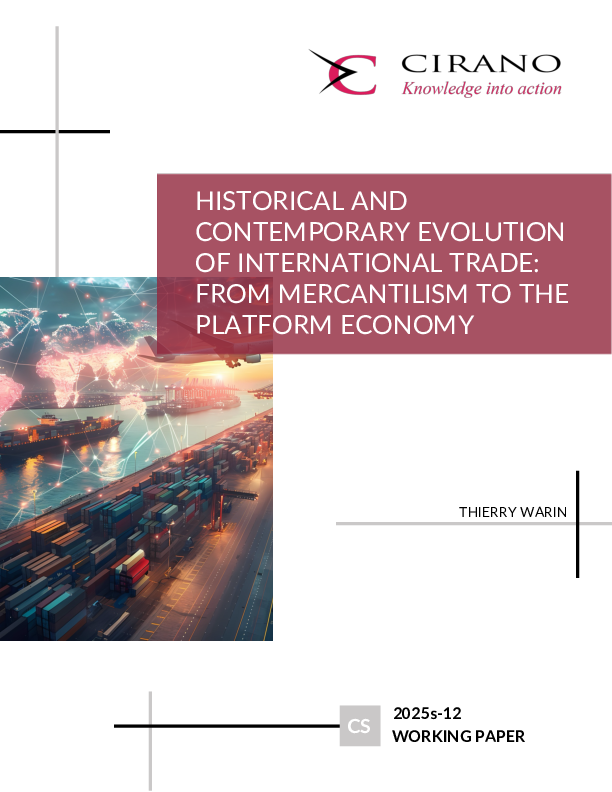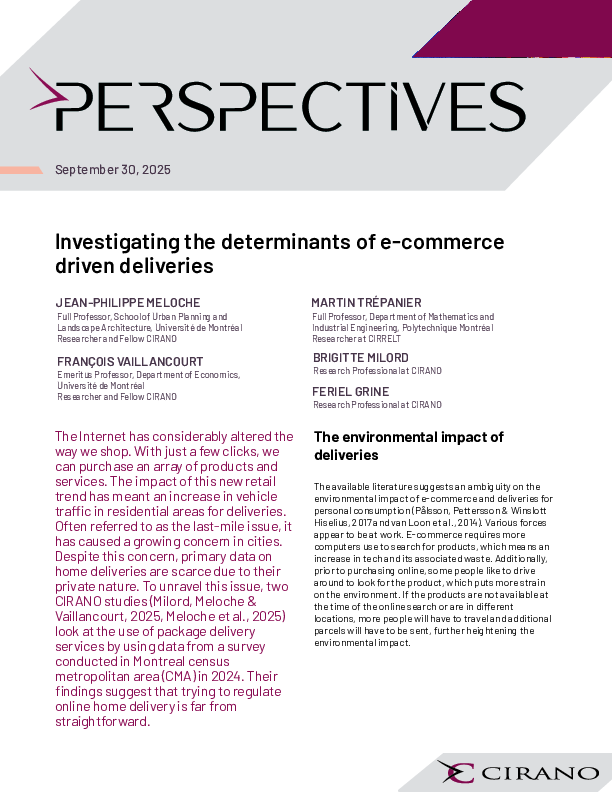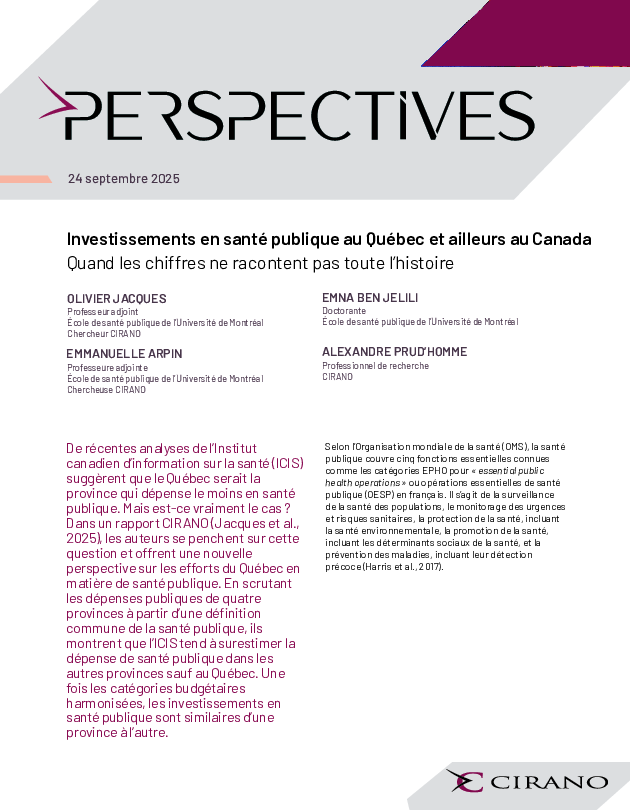Historical and Contemporary Evolution of International Trade: From Mercantilism to the Platform Economy
This article provides a comprehensive historical and contemporary analysis of how international trade theory and practice have developed. It begins with the classical economic theories of the 17th to 19th centuries – spanning Italian mercantilists like Antonio Serra, French Physiocrats such as François Quesnay, English classical economists like Adam Smith and David Ricardo, and German protectionist thinkers like Friedrich List – and examines how these early thinkers understood trade in goods versus services. The narrative then traces major shifts through the 19th and 20th centuries, highlighting the rise of industrial trade, changes in theory, and the institutionalization of global trade rules. Finally, it connects these historical foundations to the platform economy of the 21st century, in which technology and data (often dubbed “the new oil”) have dramatically reshaped what is tradable. Throughout, we discuss the surge in services trade – including the persistent U.S. surplus in services – and the challenges of measuring trade in an era of digital platforms. These measurement issues, we argue, are not mere statistical quirks but reflect deeper transformations in the global economy. The discussion proceeds in a chronological yet thematic flow, tying together the major milestones in the evolution of trade and maintaining a scholarly perspective on each phase.




